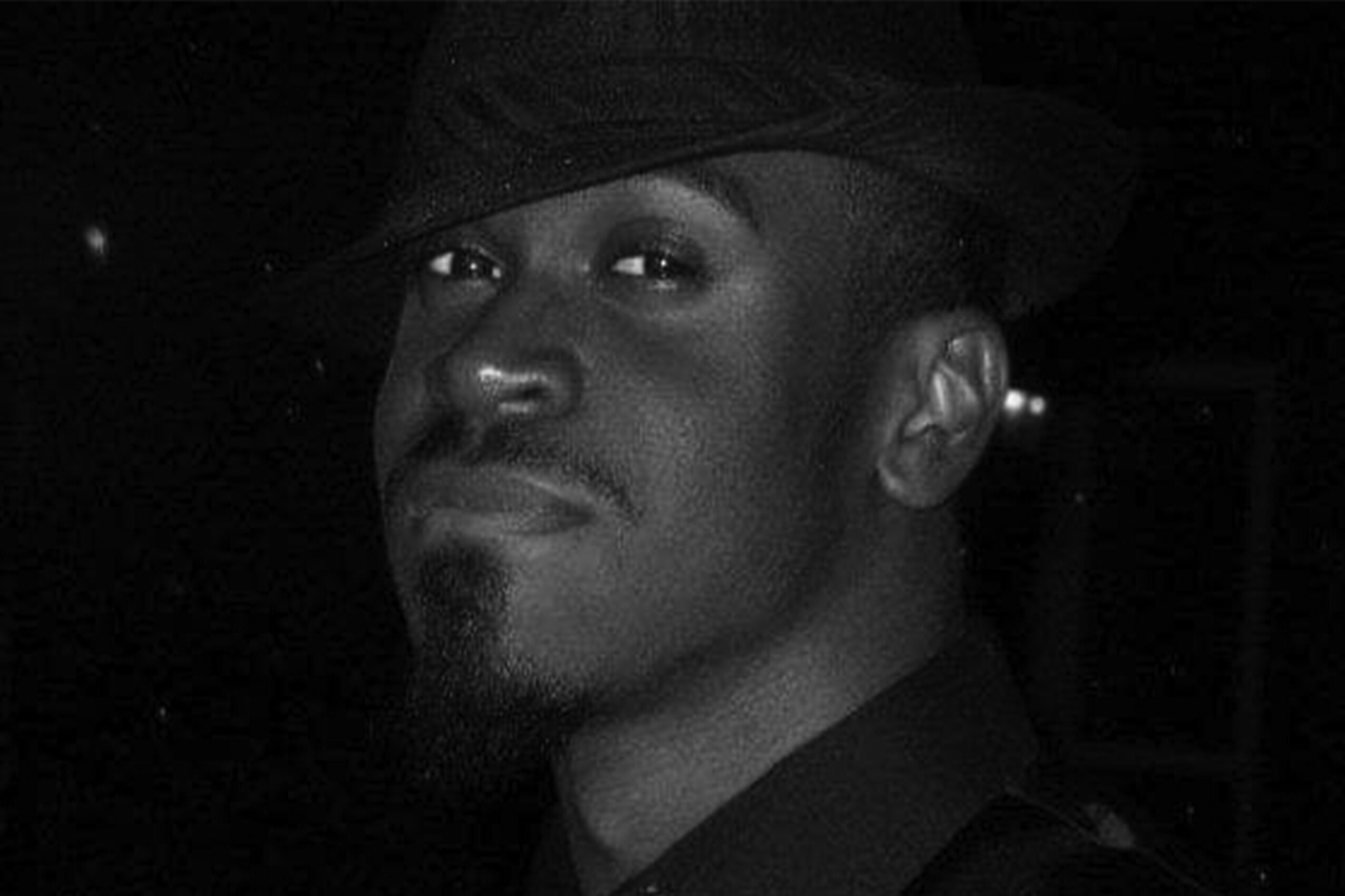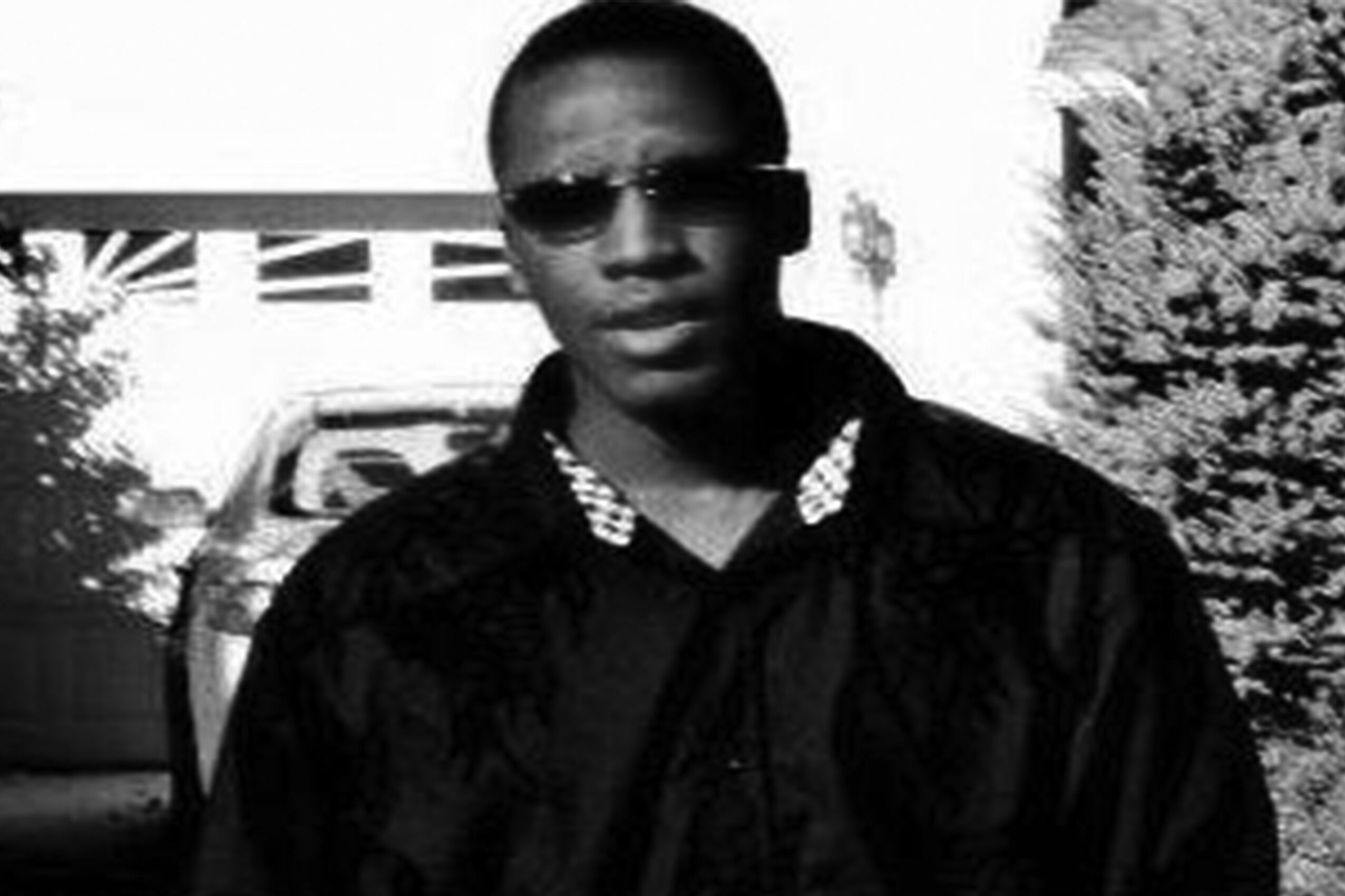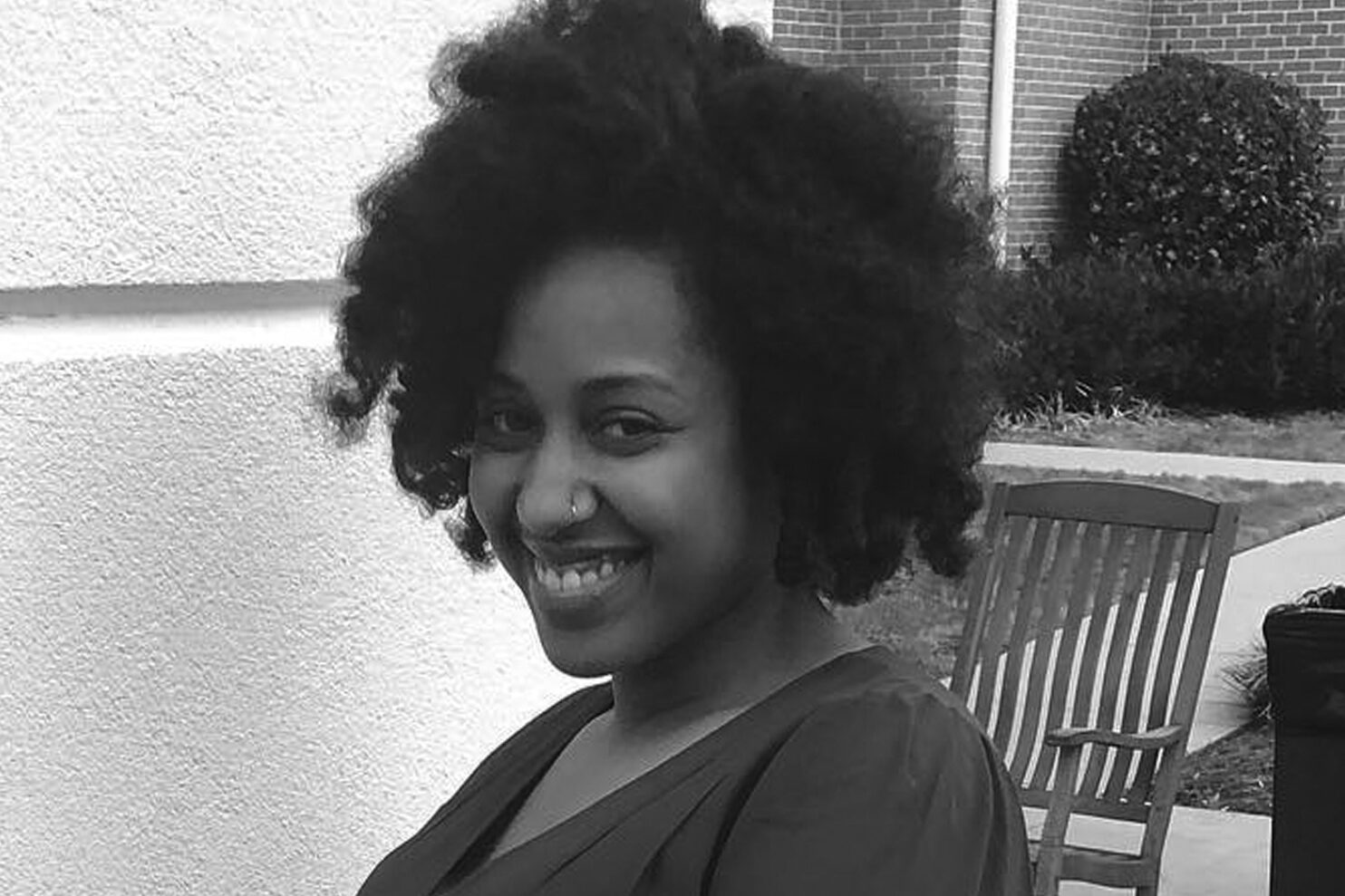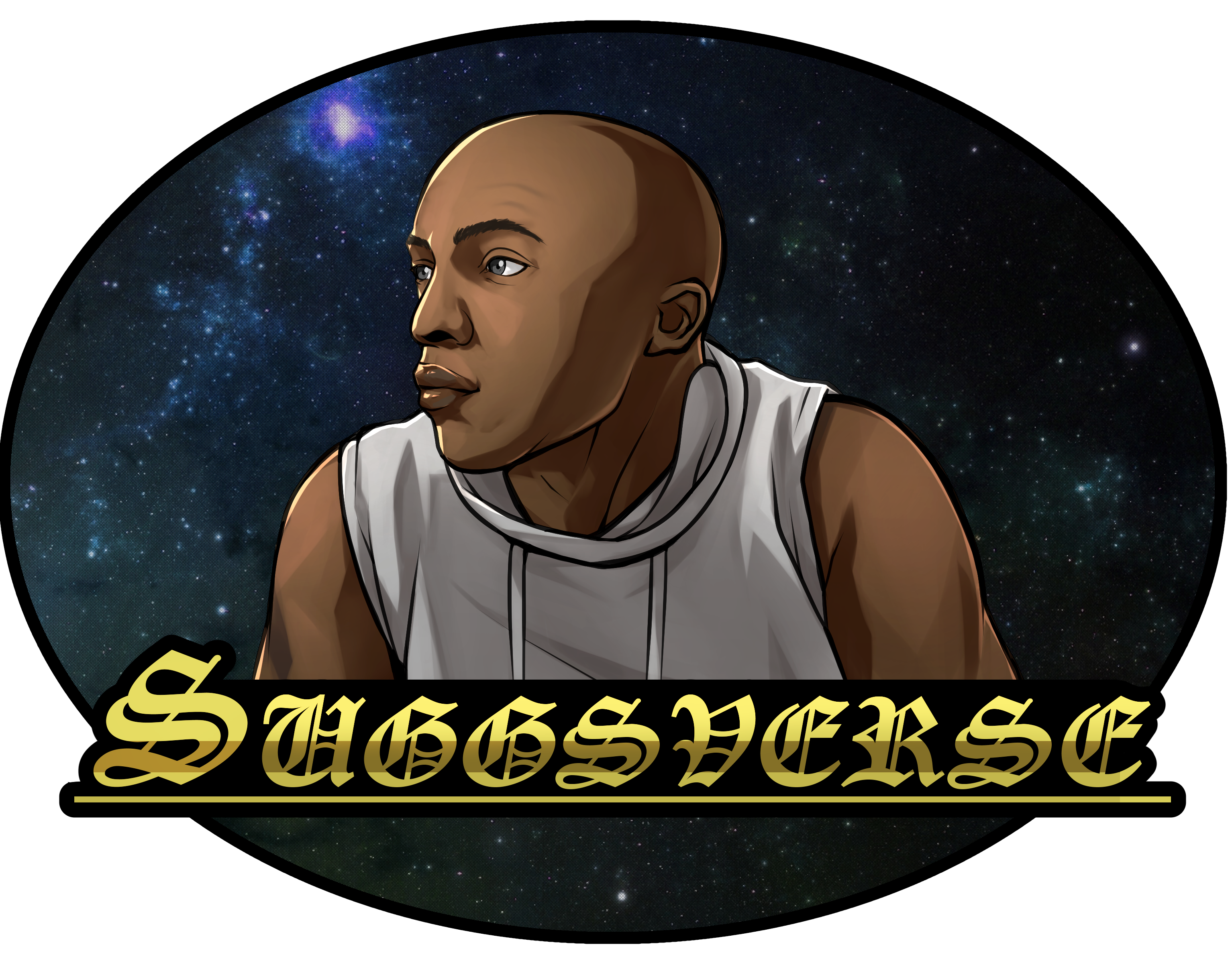Real-life (Our World)
also see Dlclaifsein Article – Real-Life, and Nonfiction.

Real life and our universe are concepts deeply rooted in tangible experiences, empirical evidence, and a shared understanding of existence. Real-life encompasses everything that is observable, measurable, and verifiable. It is the domain where physical laws govern interactions, where time progresses linearly, and where causality is a fundamental principle.
- Physical Reality: Our universe is defined by its physicality. It consists of matter and energy, space and time, governed by laws such as gravity, electromagnetism, and quantum mechanics. These laws are consistent and predictable, allowing us to understand and manipulate our environment.
- Empirical Evidence: Real life relies on empirical evidence—information acquired by observation or experimentation. Scientific inquiry, based on hypothesis, experimentation, and evidence, forms the backbone of our understanding of the universe. This method allows us to build knowledge that is reliable and reproducible.
- Shared Experience: Real life is also a collective experience. Our interactions with others, societal structures, cultural norms, and shared history shape our understanding of the world. This shared experience creates a common reality that we can all relate to, even if our individual perspectives vary.
- Causality and Time: In real life, time flows in one direction, from the past to the future. Causality—the principle that cause precedes effect—is a fundamental aspect of this temporal flow. Events unfold in a logical sequence, where actions lead to consequences, and this progression can be studied and understood.
- Existence and Consciousness: Real life is the domain of existence and consciousness. We, as sentient beings, experience reality through our senses, emotions, and thoughts. Our consciousness allows us to reflect on our existence, ponder our place in the universe, and seek meaning in our lives.
Heir to the Stars: Spades II highlights this world.
Contrasting Real Life with Fiction
Fiction, on the other hand, is a realm of imagination and creativity. It encompasses stories, narratives, and constructs that are not bound by the constraints of physical reality. Fiction allows for the exploration of ideas, scenarios, and characters that may or may not exist in the real world.
- Constructed Realities: Fiction creates constructed realities that can range from entirely imaginary worlds to slight alterations of our own reality. These fictional universes operate under their own sets of rules and logic, which may or may not align with those of the real world.
- Suspension of Disbelief: Engaging with fiction often requires a suspension of disbelief, a willingness to accept the implausible or impossible for the sake of the story. This suspension allows us to immerse ourselves in narratives that defy real-world logic and constraints.
- Narrative and Plot: Fiction is driven by narrative and plot. Stories have beginnings, middles, and ends, and are structured to create meaning, evoke emotions, and convey messages. The structure of a narrative allows for the exploration of themes, character development, and dramatic tension.
- Creative Freedom: Fiction affords writers and creators a freedom that real life does not. They can bend or break the laws of physics, invent new worlds, and explore hypothetical scenarios. This creative freedom is what makes fiction a powerful tool for imagination and thought experiments.
- Symbolism and Allegory: Fiction often uses symbolism and allegory to convey deeper meanings and insights about real life. Through metaphor and allegorical constructs, fiction can reflect and critique societal norms, human behavior, and philosophical questions.
Constituting Real Life and Our World



To delve deeper into what constitutes real life and our world, we must consider various aspects that collectively define our existence.
- Fundamental Forces and Particles: At the most basic level, our universe is composed of fundamental forces (gravity, electromagnetism, weak nuclear force, strong nuclear force) and particles (quarks, leptons, bosons). These elements interact in complex ways to form the matter and energy that make up everything we see and experience.
- Biological Life: Life on Earth, from the simplest bacteria to the most complex organisms, is a product of biological processes governed by the principles of evolution, genetics, and biochemistry. Life is characterized by growth, reproduction, and response to stimuli.
- Human Society and Culture: Human beings, as social creatures, have developed intricate societies and cultures. These are built on shared values, beliefs, languages, traditions, and institutions. Culture shapes our identity, influences our behavior, and provides a framework for understanding the world.
- Technology and Innovation: Human ingenuity has led to the development of technology and innovation. From the discovery of fire to the creation of the internet, technological advancements have transformed our way of life, expanded our capabilities, and reshaped our world.
- Philosophy and Meaning: Humans seek to understand the meaning and purpose of life through philosophy, religion, and art. These pursuits address existential questions, explore the nature of reality, and provide frameworks for ethical and moral reasoning.
- Interconnectedness: Our world is a complex web of interconnected systems. Ecosystems, economies, and social networks are all examples of how different elements of reality are interlinked. This interconnectedness means that actions in one area can have far-reaching consequences in others.
Fiction as a Reflection and Extension
Fiction serves as a reflection and extension of real life. It mirrors our experiences, explores our fears and desires, and allows us to experiment with ideas in a safe and controlled environment.
- Mirror to Reality: Fiction often reflects real-life issues, providing commentary on social, political, and cultural phenomena. Through storytelling, authors can critique injustices, explore ethical dilemmas, and imagine better futures.
- Exploration of Possibilities: Fiction allows us to explore possibilities beyond the constraints of reality. Science fiction, for example, imagines future technologies and societies, while fantasy creates entirely new worlds with their own rules and histories.
- Emotional and Psychological Depth: Fiction delves into the emotional and psychological depths of characters, offering insights into the human condition. Through the lens of fiction, we can explore complex emotions, motivations, and relationships.
- Cultural and Historical Preservation: Fiction preserves cultural and historical narratives, passing down stories from generation to generation. Myths, legends, and folklore provide a sense of identity and continuity for cultures around the world.
Real Life People













Fiction as a Mirror to Reality
Fiction often acts as a mirror to real life, reflecting the complexities, challenges, and intricacies of human existence. Through narrative and character, fiction can distill and illuminate aspects of reality that might otherwise go unnoticed.
- Social Commentary: Fiction has long been a vehicle for social commentary. Certain novels explore the ramifications of totalitarianism and uncontrolled technological advancement, respectively. These works offer stark warnings about the potential directions society might take, encouraging readers to reflect on their own world and consider the implications of their actions and governance.
- Exploration of Ethics: Fiction provides a safe space to explore ethical dilemmas and moral questions. Some stories tackle issues of racism and justice, challenging readers to confront their own beliefs and biases. By presenting complex situations and multifaceted characters, fiction allows for a nuanced examination of right and wrong, encouraging empathy and understanding.
- Psychological Insight: Through the internal lives of characters, fiction delves into the psychological aspects of human experience. Certain novels explore guilt, redemption, and the moral consequences of crime. By immersing readers in the thoughts and emotions of its protagonist, fiction can provide profound insights into the human psyche.
- Cultural Reflection: Fiction captures and preserves the cultural zeitgeist of its time. It records the customs, values, and social issues prevalent during the period in which it was written. Certain novels, for example, offer a window into the social dynamics and gender roles of early 19th-century England, providing valuable context for understanding historical developments.
